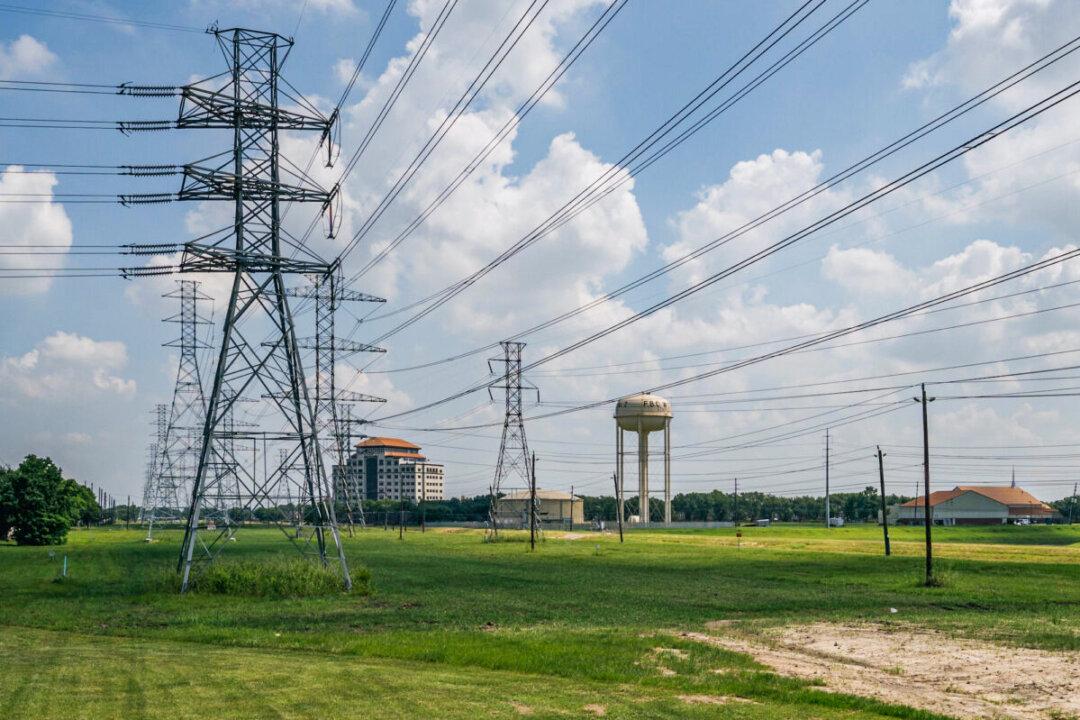Every U.S. region could be at risk for significant power outages this summer as companies rush to convert to non-fossil fuel and non-nuclear energy sources, an analyst says.
“I think the entire country is incredibly vulnerable, because the entire country is facing a huge energy shortage and I don’t think there is any place that is truly safe,” Daniel Turner, founder and executive director of Power the Future, told Fox News on July 4.





